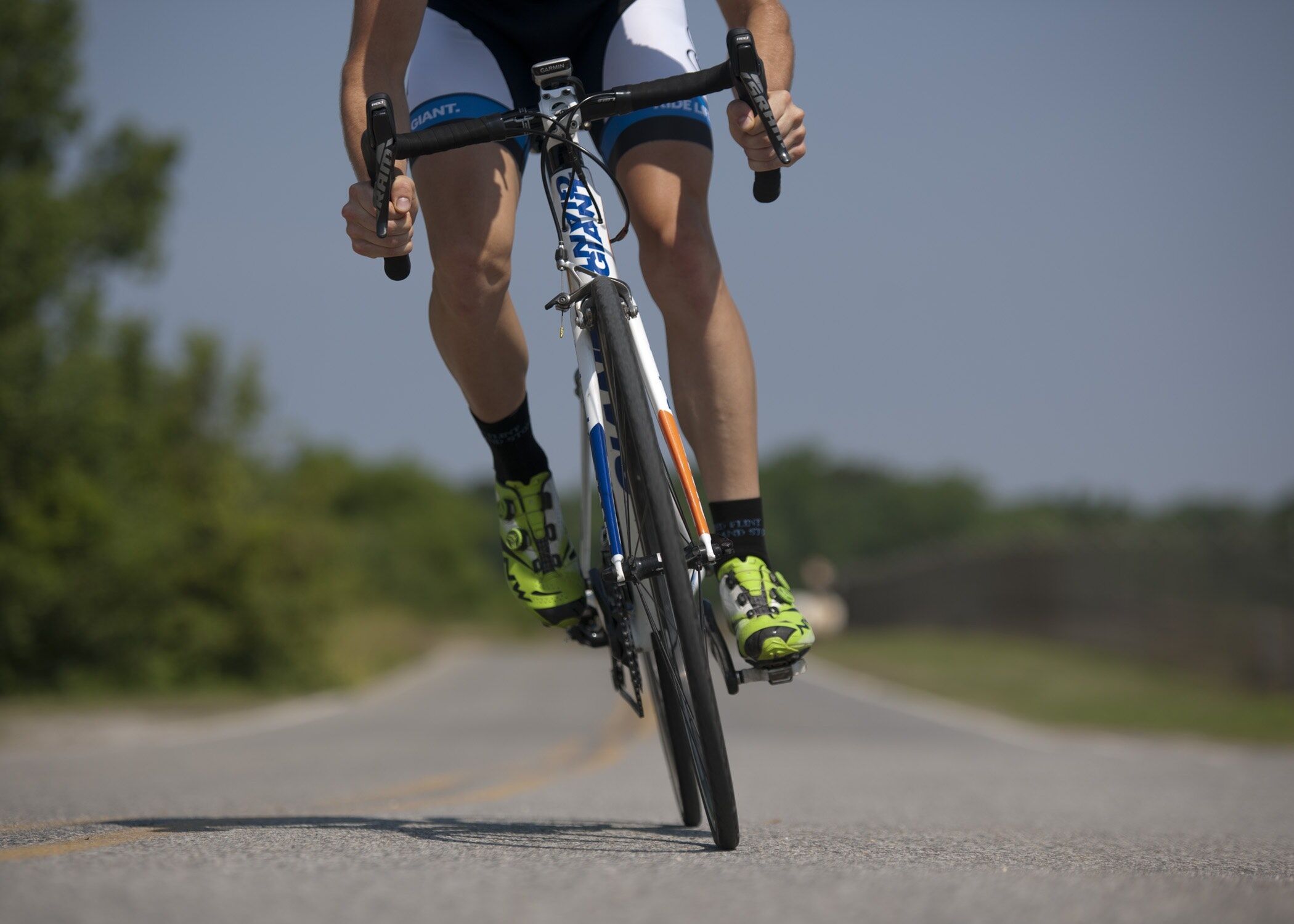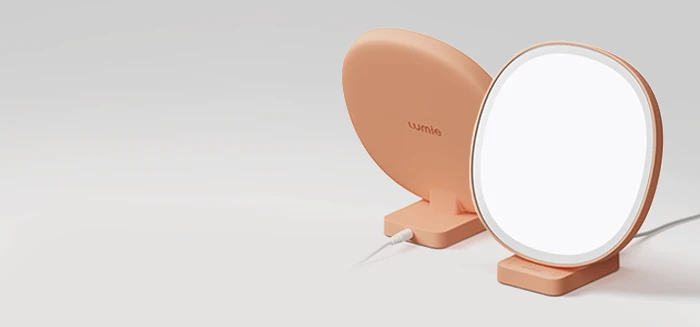Lumie-sponsored Study: Evening Light Improves Morning Cycling Performance

This latest finding was the result of a study carried out by The Research Institute for Sport and Exercise Sciences (RISES) at Liverpool John Moores University with the support of Cambridge-based light therapy specialist Lumie. It is widely accepted that light exposure is the primary factor in regulating our body clock and circadian rhythms. Depending when you switch on, bright light can be used to phase delay or phase advance circadian rhythms - this is the theory behind scheduled light therapy for jet lag. The research team wanted to take things a step further and find out if shifting circadian rhythms with light could impact on sports performance.
Eight healthy, physically active men visited the RISES’ specialised lab to familiarise themselves with the equipment and to take part in baseline tests (e.g. heart rate, blood pressure, oxygen consumption with exercise). The experimental part of study involved two overnight stays roughly a week apart; subjects arrived at 7:30pm and either spent the whole evening relaxing in very low light or had a 30-minute burst of bright light using a Lumie light around an hour before bed. Each participant completed both experimental conditions in a random order. In the morning, an intermittent cycling protocol was completed followed by a 10km time trial in a 35°C 60% humidity environmental chamber. CBT was monitored the whole time.
Bright light was found to shift the timing of minimum CBT by an average of 1.75 hours, from around 02:45 to 04:30. The actual minimum CBT was very similar between conditions, but this change in timing resulted in a lower CBT when participants awoke at 6.30am. The gap widened significantly as the cycling protocol and time trial progressed in these very hot conditions. Most critically, when participants had been exposed to the bright light condition, they completed the 10km in 18:40 minutes on average, 1:26 minutes faster than the control condition.
Lower CBT prior to and during exercise is important to athletes and many use 'pre-cooling' techniques such as cold drinks and rooms, cooling vests, cold packs and cold water immersion. These have been shown to improve time trial performance by up to 15% (cold drinks). If bright light therapy can contribute a 7.2% improvement in performance, this is a very useful complement to the range of techniques available.




